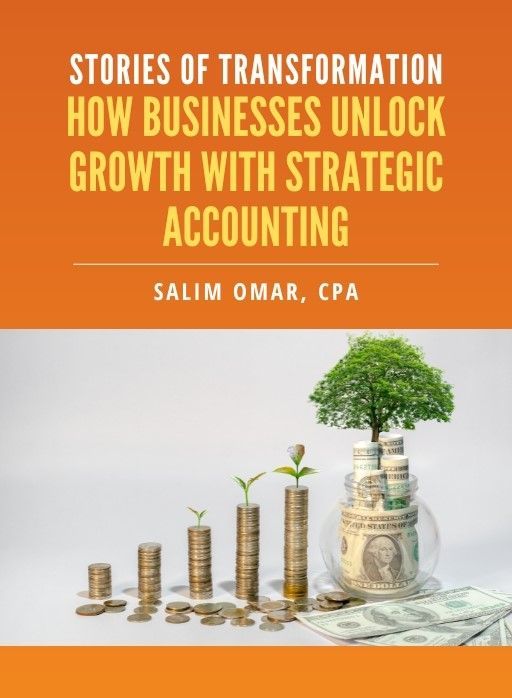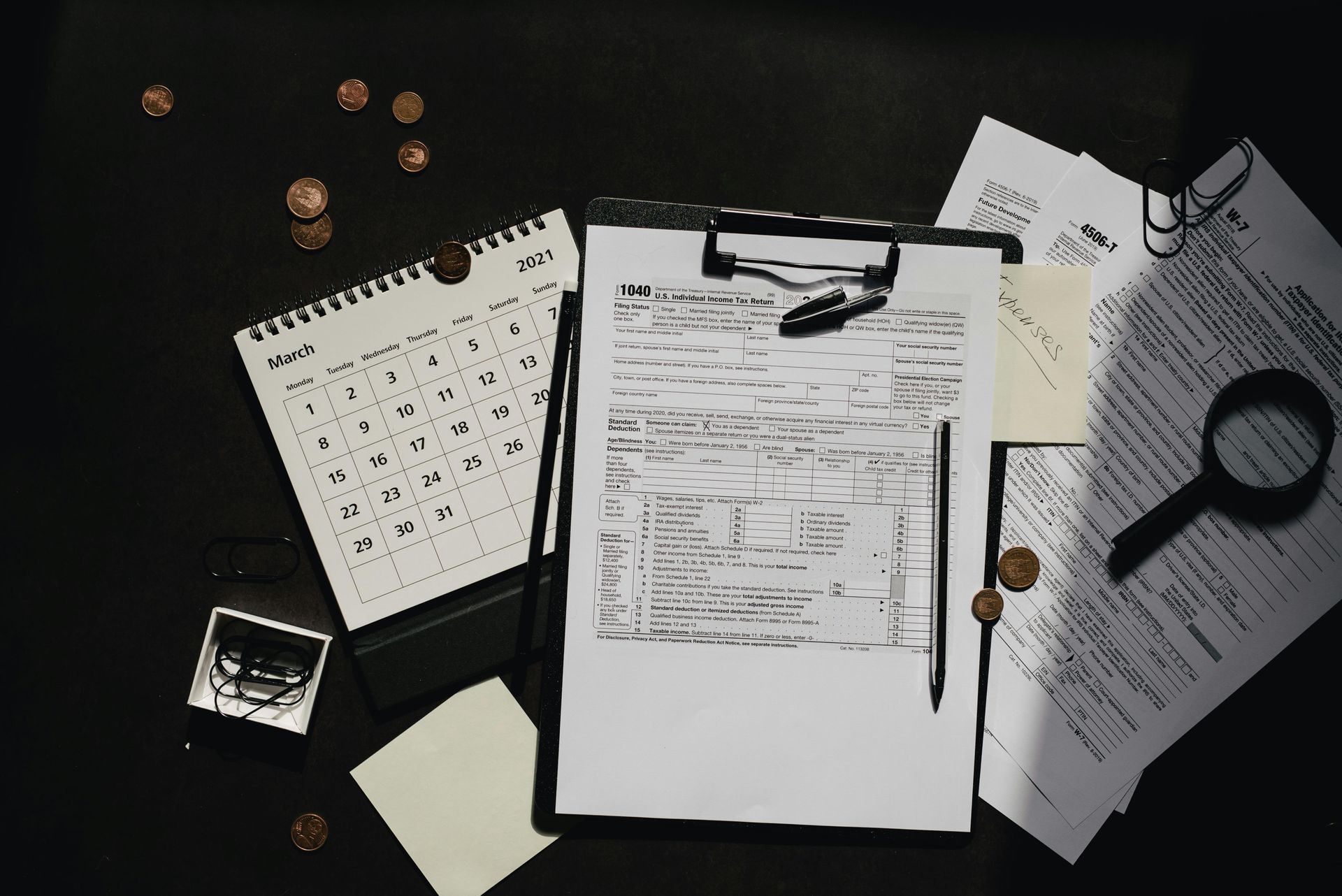The Benefits of Early Tax Planning for Individuals and Businesses

Tax season is a yearly challenge, but the key to mastering it lies in early
planning with a focus on advanced strategies. Whether you're an individual or a business owner, proactive tax planning helps you go beyond the basics to uncover savings opportunities you may not even realize exist. Let’s explore why starting early and thinking strategically is a game-changer for your financial success.
Why Early Tax Planning with Advanced Strategies Matters
Imagine this: it’s mid-April, and you're rushing to file taxes, missing out on significant opportunities like optimizing entity structure or leveraging lesser-known deductions. By contrast, early tax planning allows you to implement forward-thinking strategies like maximizing Section 199A deductions or capitalizing on tax-free benefits.
Case in Point: Did you know that strategies like income splitting, often overlooked, can drastically lower your taxable income? For instance, employing family members or deferring income through tax-advantaged accounts can transform your tax liabilities into opportunities.
Key Benefits of Strategic Early Tax Planning
1. Identify Overlooked Deductions
Advanced planning gives you the time to uncover deductions that are often missed. Think about options like:
- Augusta Rule: Rent your home to your business for up to 14 days tax-free.
- Energy Efficiency Credits: Install solar panels or upgrade HVAC systems to claim federal incentives.
2. Maximize Tax-Free Benefits
Take advantage of underutilized tools like:
- Health Savings Accounts (HSAs): Reduce taxable income while planning for future healthcare expenses.
- Education Assistance: Provide tax-free tuition support to employees (or yourself).
3. Navigate Changing Tax Laws
With tax laws evolving frequently, staying ahead is critical. Early planning allows you to adjust for regulations like SALT deduction caps or optimize your structure for Section 199A QBI deductions.
4. Implement Income Deferral Strategies
Defer income strategically to years with lower tax rates. This approach benefits high earners, particularly those expecting significant income fluctuations.
5. Enhance Business Tax Efficiency
Business owners can implement strategies like:
- Utilizing R&D tax credits for innovation.
- Optimizing depreciation deductions with Section 179.
Advanced Tax Planning Tips
- Reassess Your Entity Structure: Are you leveraging the most tax-efficient structure for your business? Shifting from an LLC to an S-Corp could provide substantial payroll tax savings.
- Bunching Deductions: Cluster charitable contributions or medical expenses into a single year to exceed standard deduction thresholds.
- Tax-Loss Harvesting: Offset capital gains with losses to reduce your overall taxable income.
- Quarterly Reviews: Regular reviews ensure you’re not just compliant but also proactive in implementing new strategies.
Success Stories of Advanced Planning
Becky’s Story: A business owner, Becky, utilized the Augusta Rule and pre-tax retirement contributions after reviewing her tax strategy in January. She saved $27,643 compared to previous year when she relied on reactive planning.
John’s Reality Check: Without early planning, John missed out on Section 179 depreciation benefits for his new equipment purchase, costing him thousands in tax savings.
Conclusion: It’s Time to Get Ahead
Early tax planning is not just about avoiding last-minute chaos; it’s about leveraging strategies that keep more of your hard-earned money in your pocket. By implementing advanced tools like the Augusta Rule, income splitting, and energy efficiency credits, you can take your tax savings to the next level.
At Straight Talk CPAs, we specialize in turning complex tax codes into actionable strategies tailored to your needs. Schedule a free strategy session today and see how we can help you maximize your savings with forward-thinking tax planning.
Free eBook:
Stories of Transformation


Salim is a straight-talking CPA with 30+ years of entrepreneurial and accounting experience. His professional background includes experience as a former Chief Financial Officer and, for the last twenty-five years, as a serial 7-Figure entrepreneur.




